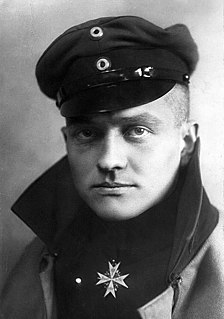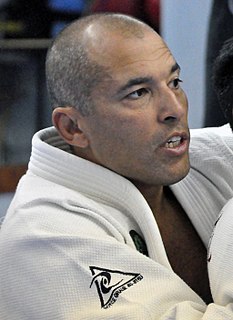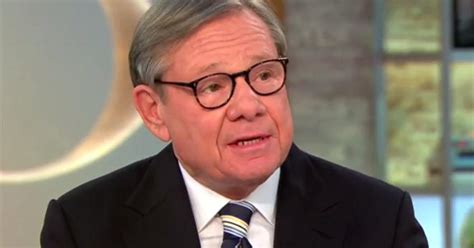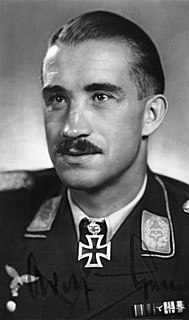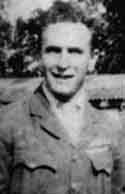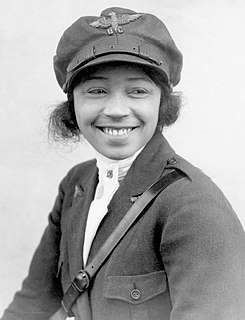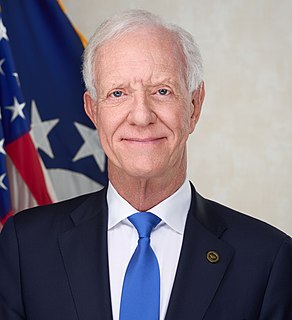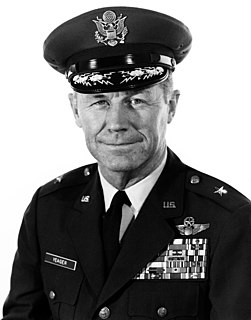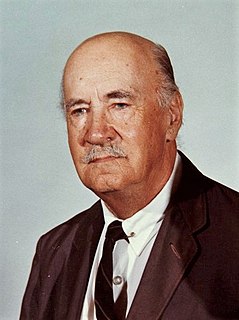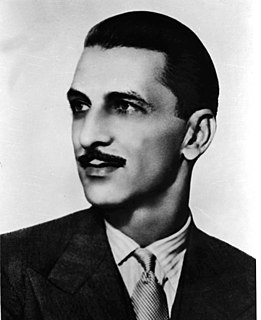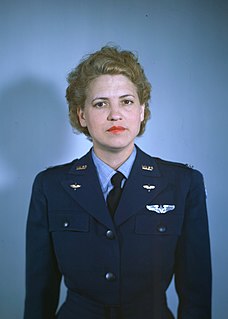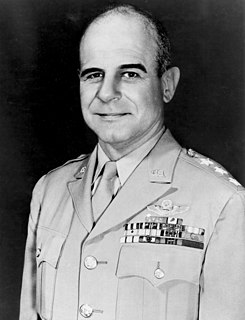A Quote by Eddie Rickenbacker
The experienced fighting pilot does not take unnecessary risks. His business in to shoot down enemy planes, not to get shot down. His trained hand and eye and judgment are as much a part of his armament as his machinegun, and a fiftyfifty chance is the worst he will take or should take except where the show is of the kind that . . . justifies the sacrifice of plane or pilot.
Related Quotes
And I have yet to find one single individual who has attained conspicuous success in bringing down enemy aeroplanes who can be said to be spoiled either by his successes or by the generous congratulations of his comrades. If he were capable of being spoiled he would not have had the character to have won continuous victories, for the smallest amount of vanity is fatal in aeroplane fighting. Self-distrust rather is the quality to which many a pilot owes his protracted existence.
How can we say we're for family values when so many women in the United States have to jeopardize their livelihood to take a few weeks off from work after giving birth? Should a man have to sacrifice his economic security to take care of his sick mother or his wife returning wounded from active duty?
The life-history of the individual is first and foremost an accommodation to the patterns and standards traditionally handed down in his community. From the moment of his birth the customs into which he is born shape his experience and behavior. By the time he can talk, he is the little creature of his culture, and by the time he is grown and able to take part in its activities, its habits are his habits, its beliefs his beliefs, its impossibilities his impossibilities.
Their element is to attack, to track, to hunt, and to destroy the enemy. Only in this way can the eager and skillful fighter pilot display his ability. Tie him to a narrow and confined task, rob him of his initiative, and you take away from him the best and most valuable qualities he posses: aggressive spirit, joy of action, and the passion of the hunter.
When a man has offered in sacrifice all that he has for the truth’s sake, not even withholding his life, and believing before God that he has been called to make this sacrifice because he seeks to do his will, he does know, most assuredly, that God does and will accept his sacrifice and offering, and that he has not, nor will not seek his face in vain.
A man who gives way to his passions is like a man who is shot by an enemy, catches the arrow in his hands, and then plunges it into his own heart. A man who is resisting his passions is like a man who is shot by an enemy, and although the arrow hits him, it does not seriously wound him because he is wearing a breastplate. But the man who is uprooting his passions is like a man who is shot by an enemy, but who strikes the arrow and shatters it or turns it back into his enemies heart.

